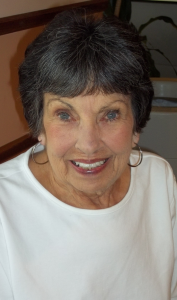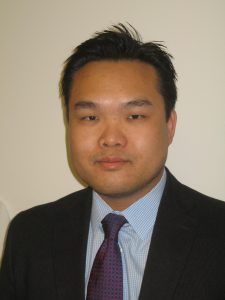As an interventional cardiologist in the UNC Center for Heart and Vascular Care, Michael Yeung, MD, performs less invasive structural heart procedures to help cardiology patients regain a healthy heart

As an interventional cardiologist in the UNC Center for Heart and Vascular Care,
Michael Yeung, MD, performs less invasive structural heart procedures to help
cardiology patients regain a healthy heart


Since Michael Yeung, MD, joined the faculty of the University of North Carolina School of Medicine in September 2012, he has been instrumental in successfully treating cardiology patients with structural heart procedures that are less invasive and have a much quicker recovery than traditional open-heart repairs.
In November 2012, Dr. Yeung performed a percutaneous closure of an atrial septal defect on patient Hilda Cheek of Caswell County.
Atrial septal defect (ASD) is a heart defect present at birth that results in a hole between the upper chambers of the heart. The hole is the result of abnormal tissue fusion during fetal development and is more common in patients born prematurely. Some of the blood may pass through the ASD from the left atrium to the right atrium in the wrong direction. If this happens, a larger volume of blood than normal must be handled by the right side of the heart, which may lead to higher pressures to the right chambers of the heart and lungs. Additionally, over time, ASDs can cause lung problems if not repaired, including severe COPD requiring oxygen.

Image courtesy of UNC Health Care online Health Library
Hilda Cheek had her ASD since birth, but did not have any problems as a child, so the ASD went undiagnosed. However, as an adult, she began to suffer from pulmonary problems, including COPD. It was becoming difficult to breathe when she did the simplest things, like walk up a set of steps.
“I was gasping for breath when going up my stairs,” says Cheek. “My feet were swelling and my legs were holding a lot of fluid.”
After seeing many different physicians, she was referred to Dr. Yeung in the UNC Center for Heart and Vascular Care. During her echocardiogram, Dr. Yeung discovered the large ASD as well as a mitral valve prolapse, which occurs when the valve does not close properly and becomes very leaky.
After years of illness from COPD and a cerebral hemorrhage in January 2012, Cheek was not healthy enough for a repair of the mitral valve prolapse. However, a percutaneous repair of the ASD was a possibility, and Dr. Yeung recommended this to Cheek.
Open-heart surgery was previously required to fix large ASDs, such as the one found in Cheek’s heart, and her severe COPD and recent brain hemorrhage made surgery more risky. Hilda was also reluctant to undergo open heart surgery. However, UNC now repairs many heart defects with minimally invasive techniques.
In Cheek’s case, Dr. Yeung says, “We repaired her ASD in a similar way to how we put in heart stents. We delivered the ASD closure device through one vein of her leg, and a tiny intracardiac ultrasound camera through her other vein in order to guide the deployment of the device.”
Cheek was amazed by the ease of the percutaneous procedure performed by Dr. Yeung. “I had no pain,” Cheek exclaims. “I went in for surgery during the day, stayed overnight, and was home the next day.”
The results were “fantastic,” says Cheek. “I can breathe much better and walk up my steps without any problem!”
With her heart pumping blood equally between the atriums, Cheek’s body began to heal and she shed 16 pounds of excess fluid over the course of the first nine days after the surgery.
“My ankles were little for the first time in years,” Cheek laughs. “More importantly, I got my life back. For the first time in several years, I decorated for Christmas, cooked a big dinner, and made cookies. It’s a miracle.”